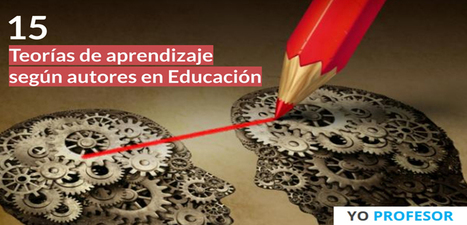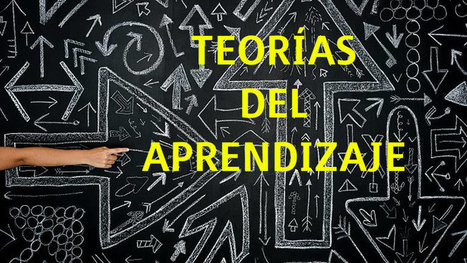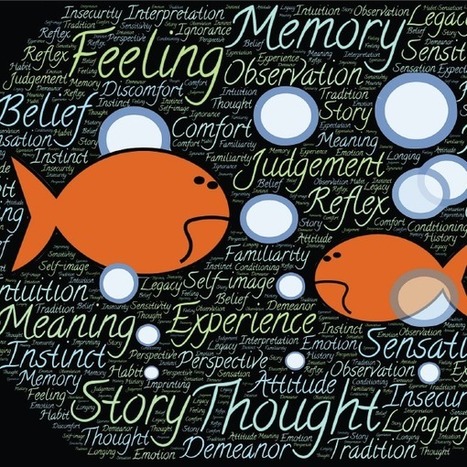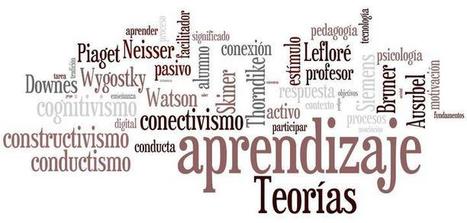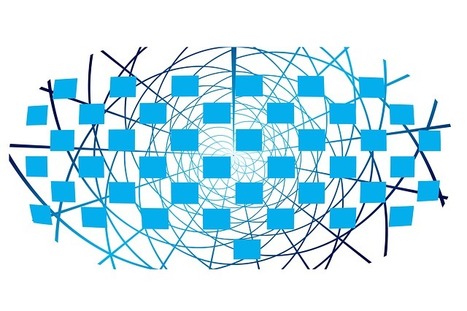Saludos colegas, hoy compartimos un post sobre 15 teorías de aprendizaje según varios autores en la educación, elegidas por Paul Stevens, un profesor de ciencias y bloguero de educación, de nombre TeacherOfSci con sede en Brighton, Inglaterra.
Via Gumersindo Fernández



 Your new post is loading...
Your new post is loading...

